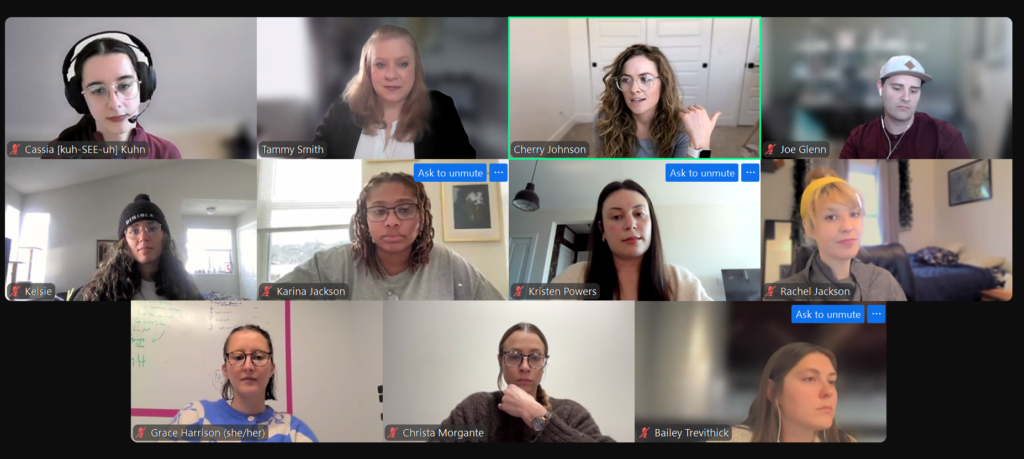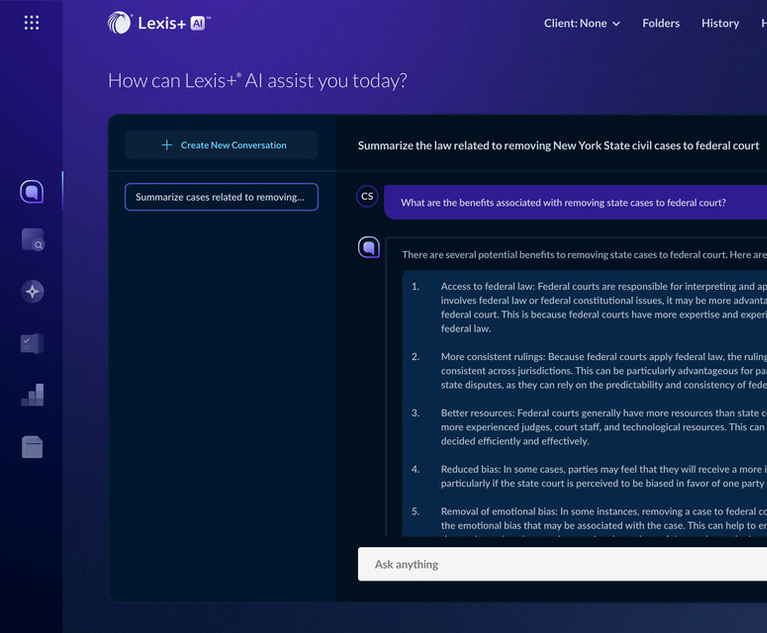Has the much heralded AI Search made traditional SEO obsolete?
Lately, there have been a lot headlines that traditional Search Engine Optimization (SEO) is dead due to the rise of AI Search via the generative AI platforms ChatGPT, Claude, Perplexity, etc. Some experts herald the end of Google's monopoly on search and claim that traditional SEO practices are obsolete. Others believe that SEO based on best practices is required not only for increased revenues from the direct online channel, but to ensure good positioning of the hotel website in AI search results as well.
The Evolution of Search
Traditional SEO is not dead, but traditional search is! Consumers simply do not search as they did 10 or 15 years ago. Social search is now a big component of the customer journey: from TikTok to YouTube to Instagram, the platforms are diverse and usage greatly vary depending on age and traveler habits.

And then generative AI indeed has transformed how we may consider an itinerary to any given destination: ChatGPT Search, Gemini Deep Search, Perplexity... or even tools like Mindtrip, for B2B travel packages. Search with generative AI tools provides only a few brands in the results, rather than thousands of links to click on.
The Shift to GEO
SEO, however, remains important. Or rather, we now need to think in GEO terms - that is, generative engine optimization. It's not just about keywords anymore, but rather context, and content entities. Thus content should be adapted to answer queries in ways that people use LLM tools, which is not exactly the same as when we enter queries in a search engine like Google.
Future of AI Search and SEO
In spite of all the buzz around genAI, the AI Search market share today is estimated around 6% of the total search market, and estimated to go up to 14% by 2028 (Search Engine Land). Google's own Gemini AI has already been made available to Google's 84 billion monthly users - compare this to ChatGPT's 121 million users! Over 684 times difference! Gemini AI now provides the answers in the search engine results pages (SERPs) on Google. Because of Gemini AI-provided information, today 58.5% of US Google searches end without any clicks i.e. these are the so called "zero click searches", where the user is satisfied by the AI-provided information in the SERPs.

Now, with AI search, what does it take to win? Good old time-tested SEO practices! In other words: you win AI search by continue implementing solid SEO practices. I don't believe that SEO is dead. I am of the view that the role of SEO is going to develop in alignment with the evolution of search. After all, it doesn't resemble the way it began with the incumbent approach.
Adapting to AI in SEO
AI might shift SEO practices toward a more user-centric approach, where the emphasis could be on the quality and relevance of content rather than just optimization for search engine algorithms. It could also lead to the rise of semantic SEO, where understanding the meaning behind queries and content becomes more important than just targeting keywords.
AI will certainly influence the future of SEO, but it will likely evolve SEO rather than make it obsolete. Marketers and content creators will need to adapt, using AI as a tool to enhance their strategies rather than replace them entirely.

Conclusion
As AI search impacts traditional search engines, traditional SEO practices will inevitably be affected. Still, it is too early to assert that AI search will demolish Google's dominance for several reasons. Therefore, hotel marketers should continue producing consistent, authentic, and engaging content while acquiring new skills for AI search optimization. Sometimes, waiting a little bit is not a bad idea.
Organic and paid click-through rates are declining, and AI search is reshaping how some travelers plan trips. But traditional SEO isn't obsolete—it's evolving. While keyword-driven tactics may lose relevance, strong content, technical SEO, and authoritative backlinks still matter.
For hotels, success in AI search means: If this sounds familiar, it's because AI optimization (AIO) looks and sounds a lot like SEO. By adapting SEO to align with AI-driven search, hotel marketers can enhance visibility across all platforms.

Currently this question is difficult to answer as no one yet really understands how to optimize for AI. While this optimization process may be called something other than SEO, it's likely to follow similar principles in terms of creating highly focused, compelling content that addresses the sentiment of consumer queries to feature prominently in AI generated responses. As always, the rules of the advertising, promotion, and distribution games are continuing to evolve, with each step necessitating more, rather than less resources. Leveraging AI Search will follow this natural progressing, compelling companies that want to feature to engage heavily with this SEO-like process to drive direct traffic in the future.










